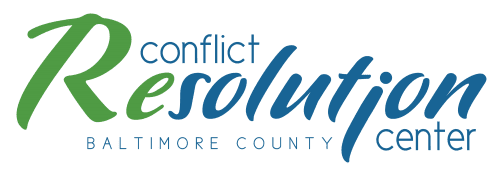Mediation FAQs
Mediation offers participants the opportunity to work toward a peaceful conclusion that suits everyone involved. Participants meet with two professionally trained co-mediators to discuss their conflict in a safe and neutral setting so that they are able to come up with their own solutions, rather than allowing a third party to decide.
Community Conferencing FAQs
A community conference is a voluntary process that allows people in conflict to come together to have a one-time conversation with each other.
